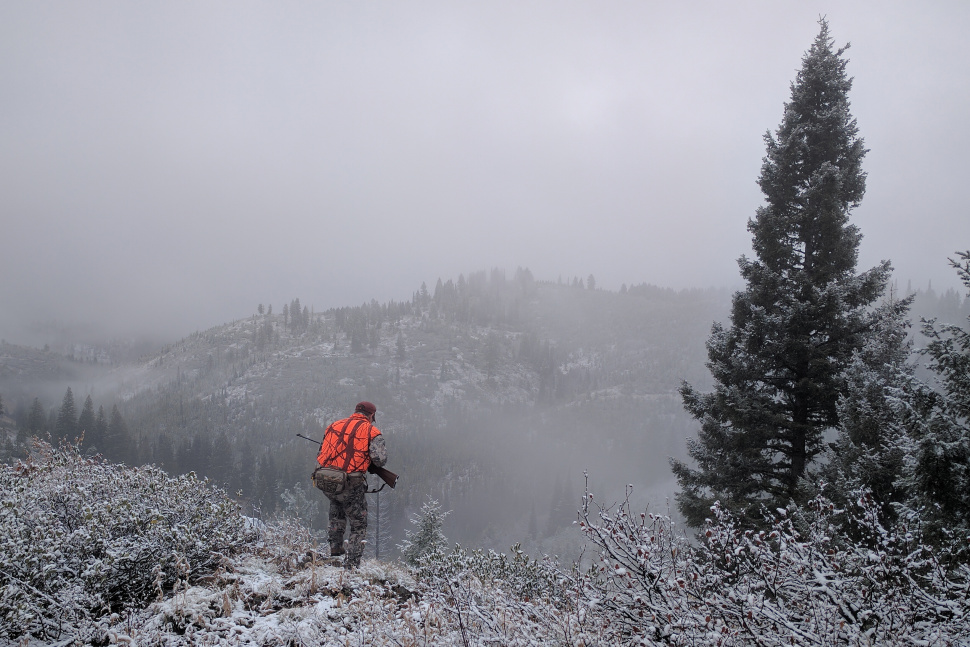Be prepared for those unexpected situations you might encounter while hunting in the fall
Survival tips for big game hunters

Survival tips for big game hunters


A good pair of binoculars will make things easier on your eyes glassing.Even though I don't hunt in country that is nowhere as remote as mentioned in the article one should consider the dangers of hunting alone. The area out in western Va that I hunt in has no cell service so we relay on handheld radios to communicate on an hourly basis. I would highly recommend a pair of radios if you have a youngster that is going to be in a deer stand by themselves. Be advised you'll get to hunt in 2 different places at one time!Probably falling down and injuring oneself is the most common problem most hunters face. Two way communication can save the day. Being able to alert other members of your hunting party to the presence of a poacher wandering about can prevent a deadly occurrence. In my experience poachers don't wear a lot if any blaze orange and on a ridge several 100 yards away can be almost impossible to detect. When scanning an area through your rifle scope in search of the deer you believe are making the leaves rustle only to suddenly realize your crosshairs have just passed over a man that should not be there can be quite unsettling. Hunt safely and always be prepared for the unexpected.
Very true. Is a good idea when can.Carry a good up to date topo map and study it before going in. Find landmarks, private property, etc. Mark where you go in so you have a readily visible point when you are turned around and need reference points.
In new areas do scouts ahead of time and keep notes of various landmarks and how they were oriented while you were walking. This serves several purposes, you learn the land, have visual references marked on the map, you will be surprised at how different the general area can look when the leaves fall, or it's snowy, or even just scared, wet or different lighting. Studying the map also gives you time to get your head together from the initial fear of getting turned around. Scouting also helps you find game areas, movement, food water, bedding sites. Plus, it's just enjoyable.
